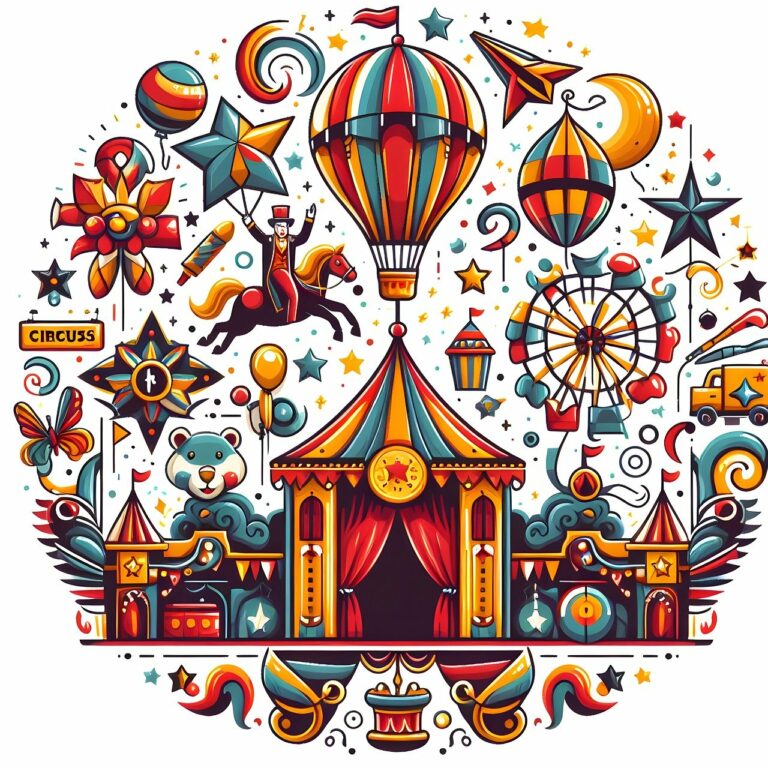The Cultural Significance of Circus Festivals and Parades
all panal.com, laser247 com, yalo247:Circus festivals and parades have been a staple of cultural celebrations for centuries, showcasing a unique blend of entertainment, artistry, and tradition. These colorful events bring communities together to enjoy a variety of performances, from acrobatics and clown acts to jugglers and aerialists. While the primary purpose of circus festivals and parades is to entertain, they also hold significant cultural value for both participants and spectators alike.
The origins of circus festivals and parades can be traced back to ancient civilizations such as the Romans and Greeks, who organized elaborate shows featuring circus acts, chariot races, and theatrical performances. Over time, these early forms of entertainment evolved into the modern-day circus, with traveling troupes and circus companies performing around the world.
One of the key cultural significances of circus festivals and parades is their ability to showcase diverse talent and creativity. Participants from different backgrounds and disciplines come together to share their unique skills and artistry, creating a colorful tapestry of performances that captivate audiences of all ages. This celebration of diversity and creativity promotes a sense of unity and mutual respect among participants and spectators, fostering a strong sense of community spirit.
Furthermore, circus festivals and parades serve as a platform for preserving cultural heritage and traditions. Many circus acts and performances have deep roots in the cultural histories of various regions and countries, with performers often incorporating traditional costumes, music, and storytelling into their acts. By showcasing these cultural elements on a global stage, circus festivals and parades help to preserve and promote traditional arts and customs for future generations to appreciate and enjoy.
In addition to their cultural significance, circus festivals and parades also provide economic benefits to local communities. These events attract tourists and visitors from far and wide, stimulating local businesses and creating opportunities for artisans, vendors, and performers to showcase their talents and products. The influx of visitors also boosts the overall visibility and reputation of the host city or town, bringing positive attention and recognition to the local culture and heritage.
FAQs:
1. What is the history of circus festivals and parades?
Circus festivals and parades have ancient origins, dating back to civilizations such as the Romans and Greeks. Over time, these early forms of entertainment evolved into the modern-day circus that we know today.
2. What types of performances can be seen at circus festivals and parades?
Circus festivals and parades feature a wide variety of performances, including acrobatics, clown acts, jugglers, aerialists, and more.
3. How do circus festivals and parades promote cultural unity?
By bringing together participants from diverse backgrounds and disciplines, circus festivals and parades promote a sense of unity and mutual respect among performers and spectators, fostering a strong sense of community spirit.
4. What economic benefits do circus festivals and parades bring to local communities?
Circus festivals and parades attract tourists and visitors, stimulating local businesses and creating opportunities for artisans, vendors, and performers to showcase their talents and products.




